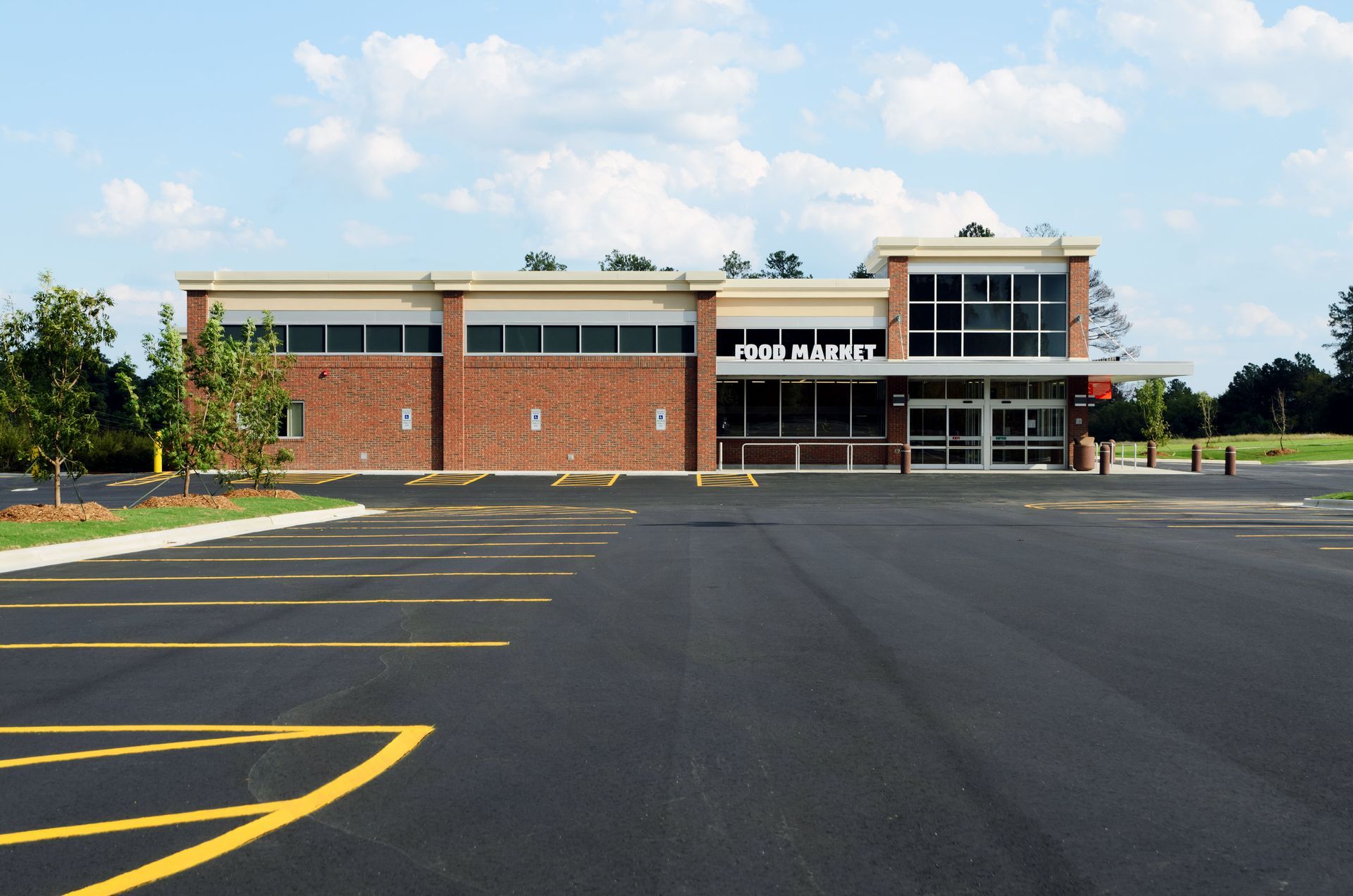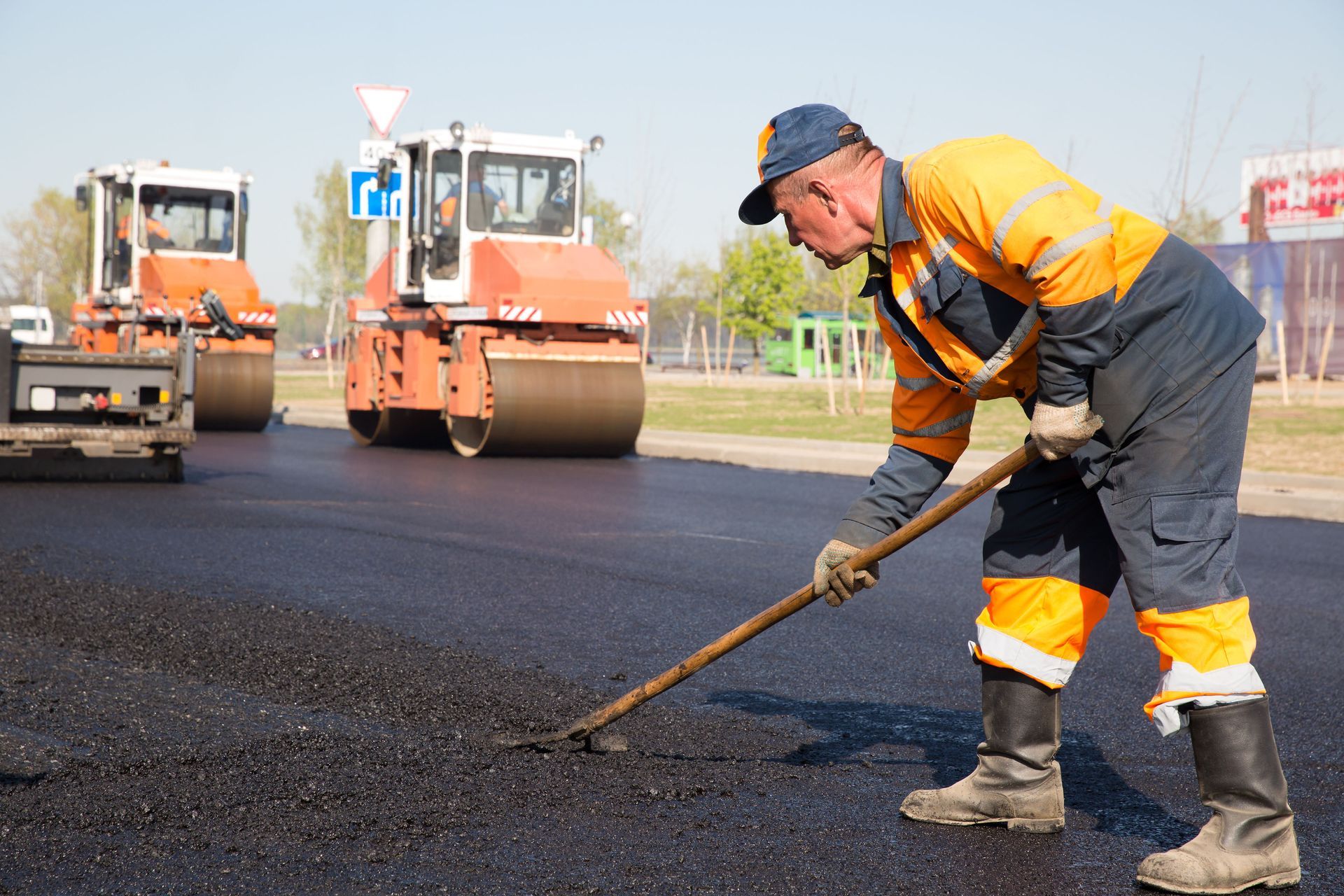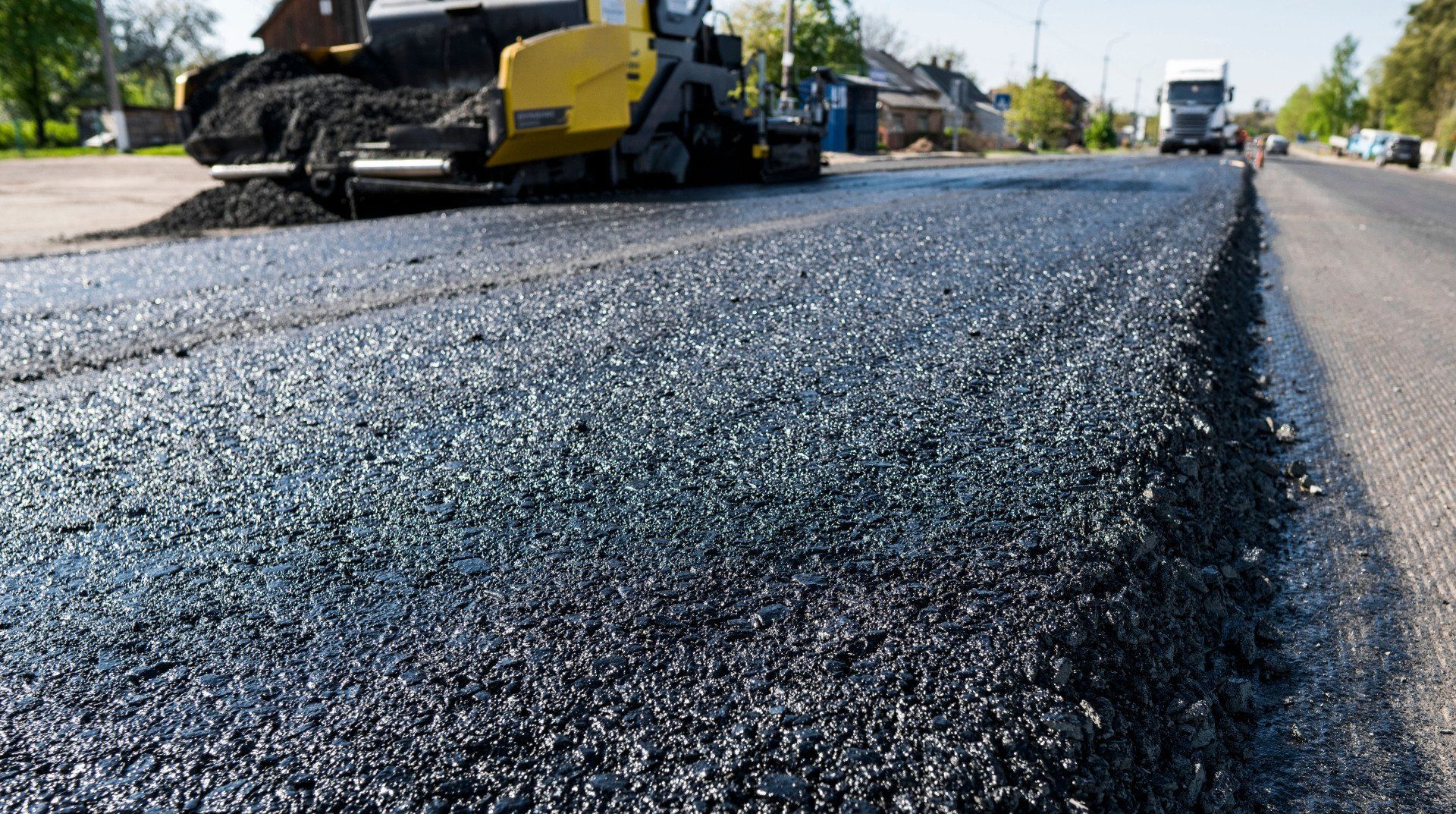How Colder Temperatures Can Affect Asphalt
Asphalt is a common material used for roads, driveways, and parking lots due to its durability and cost-effectiveness. However, like all materials, asphalt is affected by different weather conditions, especially during the cooler months. Understanding these effects can help in maintaining and extending the life of your asphalt surfaces. In this blog post, we'll explore how winter temperatures impact asphalt and the measures you can take to protect it, including timely asphalt repair.
The Freeze-Thaw Cycle
One of the main ways colder temperatures affect asphalt is through a process known as the freeze-thaw cycle. When water seeps into small cracks in the asphalt and freezes, it expands and causes these cracks to grow. As the ice melts, it leaves behind larger crevices, which can lead to potholes and other significant damage over time. This cyclical process is particularly harmful in regions with fluctuating temperatures, where freezing and thawing occur repeatedly. Scheduling regular asphalt repair can help mitigate the damage caused by this cycle before it worsens.
Brittleness in Cold Weather
Another issue caused by winter temperatures is the brittleness of asphalt. Cold weather makes asphalt more rigid, thereby making it more prone to cracking under the stress of heavy vehicles. Additionally, the deicing chemicals commonly used to melt snow and ice can seep into these cracks and contribute to asphalt deterioration. This brittleness, combined with the mechanical stress from snowplows and vehicles, accelerates the decline of asphalt surfaces during winter. Addressing these cracks early with asphalt repair can prevent small issues from turning into larger, more expensive problems.
How to Protect Your Asphalt Investment
It's also worth noting the sheer scale of asphalt usage in the United States. According to the National Asphalt Paving Association, the U.S. has roughly 3,500 asphalt production sites and produces about 350 million metric tons per year. Given this volume, it's crucial to adopt proper maintenance practices to mitigate winter damage. Techniques such as seal coating, crack filling, and proper drainage systems can go a long way in preserving the integrity of asphalt surfaces during harsh winter conditions. Asphalt repair can further ensure that damage is repaired before it escalates.
Winter temperatures pose several challenges to asphalt. These factors contribute to the formation of cracks and potholes, which can significantly shorten the lifespan of asphalt surfaces. By understanding these effects and adopting preventative measures such as regular
asphalt repair, it is possible to protect and extend the life of your asphalt investment. Contact Tandem Paving Co Inc to learn more.






Share On: